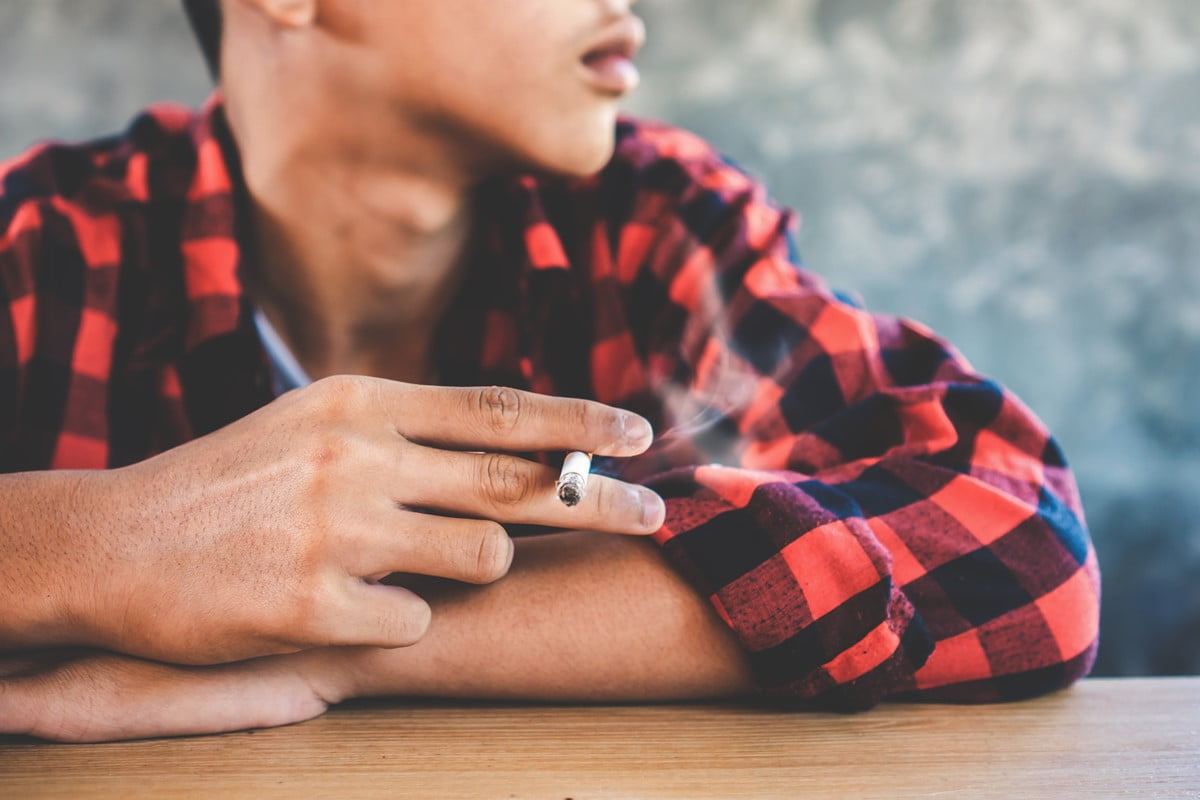There are numerous publications on the Internet about the unusual practice that the Dutch authorities use to combat tobacco use among young people. We checked whether such payments actually exist.
The statements published on various websites and social networks differ slightly. Some people talk about teenagers in general, others specify the age - from 12 to 16 years. Some report monthly payments, others report one-time payments. Some texts use euros, some use dollars (although the Netherlands is entirely moved on to the common European currency back in 2002). Nevertheless, publications about the revolutionary idea of the Dutch government can be found in large publics on VKontakte, popular accounts on Twitter, as well as in Facebook, LiveJournal and on Pikabu.
Judging by an Internet search, such an unusual strategy that the Dutch authorities are following in the fight against smoking is known only in Russia (or at least in the post-Soviet space). We were unable to find similar messages in English or Dutch. We did not find any relevant references on the official website of the Dutch government, where published all laws in force in the country, not in specialized literature.
Most likely, the spread of the story about the bonus for non-smoking teenagers began in the mid-2000s. In 2006, on the RIA Novosti website there was published note “Anti-tobacco campaigns. Precedents”, which states: “In Holland, all citizens from 12 to 16 years old who, after special tests, prove that they do not smoke, will be paid $200 monthly.” In 2011, a statement in almost identical wording added to the article “Smoking” of the Russian-language Wikipedia, from where it removed no later than March 2014.
Although it was not possible to find the original source of this news, we can make an assumption about its nature. Since 2005, all Dutch citizens obliged take out health insurance. Four years later the law supplemented — since 2010, assistance “necessary to quit smoking” has been included in the list of insurance services for persons over 18 years of age. The Dutch Health Insurance Board, proposing this initiative to the government, appreciated the cost of such assistance is €226 per person annually. If a smoker decides to start a corresponding program, then once a year the insurance paid appropriate treatment on a par with appointments with a regular therapist.
Thus, we can say with a fairly high degree of confidence that Dutch teenagers do not receive any special payments for not smoking. It is possible that at one time such an initiative was expressed, but it was so marginal that it did not leave any traces either in case studies, or in Dutch media publications, or in legislation. If there was no such proposal at all, then subsequent reports about it in Russian were either completely fictitious or appeared as a result of an erroneous translation.
Be that as it may, young Dutch people who quit smoking currently do not receive special payments for this. They are encouraged in other ways - for example, the whole class along with the teacher can register in competition Smoke Free Challenge, pass three tests over the course of a year and, if everyone keeps their promise not to smoke the entire time, win a trip to the zoo, amusement park or sports complex as a prize. State and non-state programs bear fruit even without cash prizes: over the past 20 years, the proportion of Dutch people who smoked at least once before the age of 18 decreased three times.
Not true
- Marc C. Willemsen. Tobacco Control Policy in the Netherlands: Between Economy, Public Health, and Ideology
- Zorginstituut Nederland. Stoppen met rocken
- Trimbos Institute. Scholieren roken, drinken en blowen nog even vaak als in 2017
If you find a spelling or grammatical error, please let us know by highlighting the error text and clicking Ctrl+Enter.






